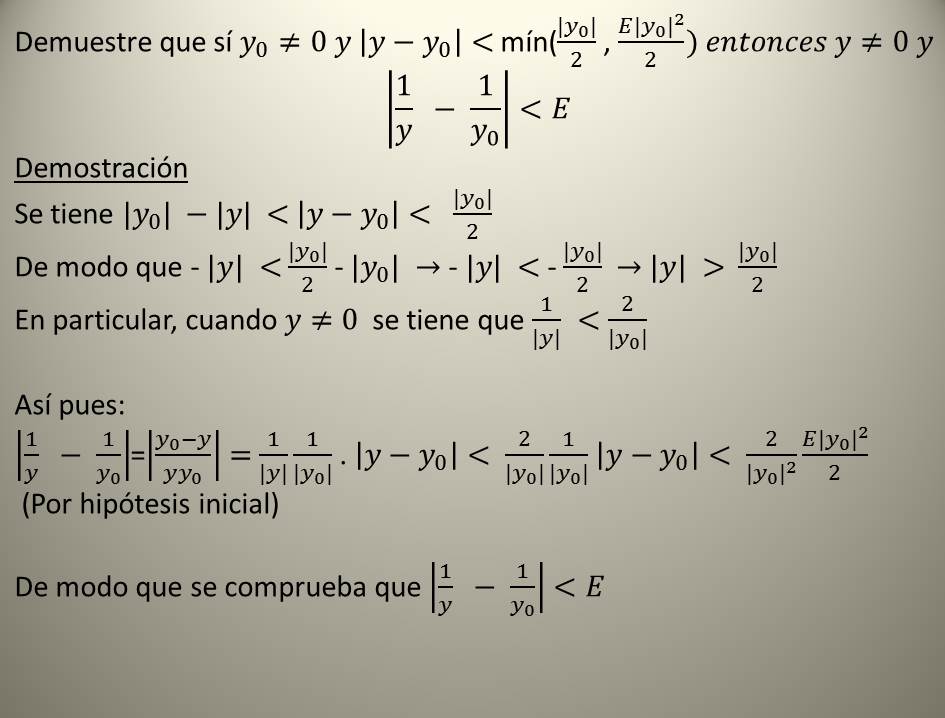

Unfortunately, in most informal setups the existence of infinitesimals is technically contradictory, so it can be difficult to grasp the means by which one fruitfully manipulates them. Isaac Newton and Gottfried Leibniz both independently discovered other forms of calculus, but these were after Isaac Barrow's lectures. These were later replaced rigorously with limits, but many people still find it useful to think and derive with infinitesimals. Topic: calculus Calculus, originally called infinitesimal calculus or 'the calculus of infinitesimals', is the mathematical study of continuous change, in the same way that geometry is the study of shape, and algebra is the study of generalizations of arithmetic operations. Keisler has written a intro calculus book that uses this approach and that you can access via his website. The use of infinitesimals in calculus, though more intuitive than the approach developed in the 19th Century, has been controversial for over two millennia. According to (), Barrow did discover tangents and other relative formulas to calculus, but he did not discover infinitesimal calculus. There is an approach to calculus due to Robinson called non-standard analysis that makes rigorous the notion of infinitesimals and the methods of deriving the results of calculus via infinitesimals.

In Barrow's lectures: Lectiones Mathematicae and Lectiones Geometricae, both focused on applicable mathematics. Your submission entry and blog post both incur that Isaac Newton was the first discoverer of calculus, and according to Trinity College of Cambridge's website (), Newton enrolled at Cambridge and studied under many teachers as you had said and discussed many topics about theoretical calculus.


 0 kommentar(er)
0 kommentar(er)
